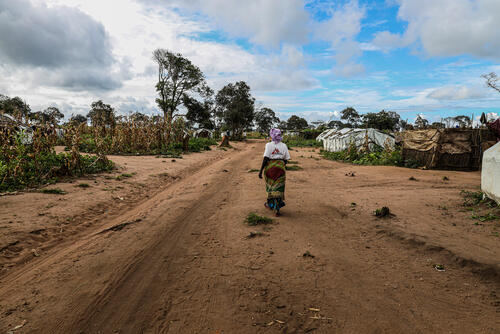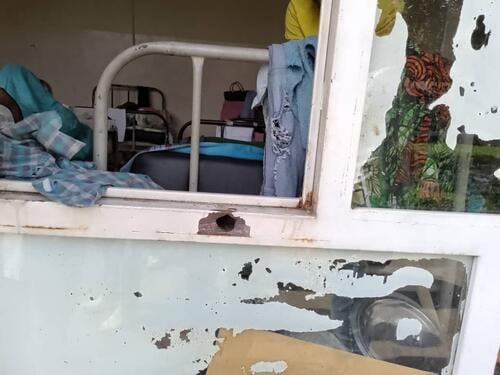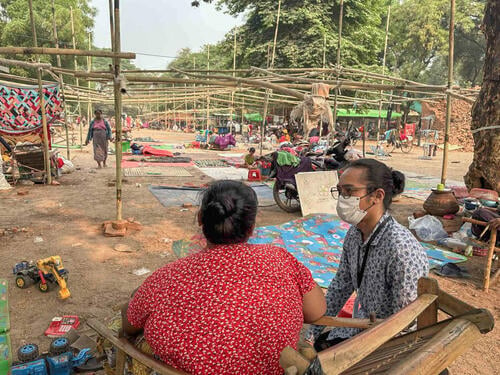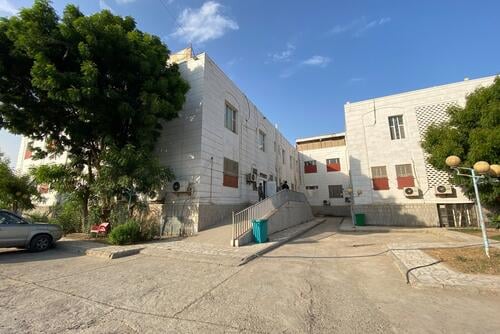UN member states have committed to achieving Universal Health Coverage (UHC) by 2030. This is defined as, “all people have access to the full range of quality health services they need, when and where they need them, without financial hardship”.
We speak to Dr Mit Philips, Médecins Sans Frontières (MSF) senior advisor on health policies, to learn if these commitments are on track to becoming a reality.
How do you judge progress towards the UHC goal?
“Access to essential care today varies widely depending on where a person lives, who this person is, and what is his or her health need. A citizen in a well-equipped city has a completely different experience to someone from a vulnerable background when they need lifesaving surgery, prenatal care, a reliable supply of medicine for HIV or malaria; or when they need to pay for drugs for diabetes.
In that sense, health coverage today is nowhere near universal. MSF teams witness every day human tragedies caused by a lack of access to healthcare.
People living in vulnerable circumstances today face the most acute barriers in accessing care: people who cannot afford to pay for essential care, people facing a crisis situation, people excluded or discriminated because they’re migrants, refugees or socially marginalised people.
There is little attention being given to the most vulnerable in the current UHC agenda and country plans. The focus is on long-term plans and system change, but the crucial link to the direct response to patients’ health needs is missing. UHC needs to focus on measures that aid the most vulnerable people, who cannot afford to wait for theoretical plans to bear fruit.”
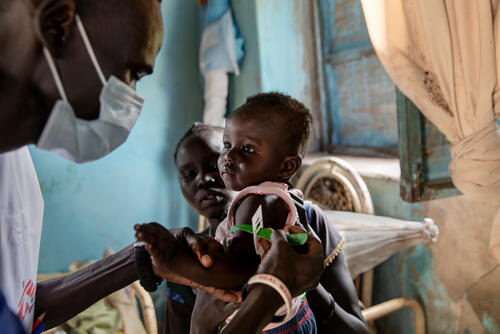
I didn’t come to the hospital because there was fighting in the neighbourhood. The gangs didn’t allow anyone to pass. I contacted a nurse to have my wounds treated, but it was expensive... and I didn’t have money.A patient in Port-au-Prince, Haiti
Universal Health Coverage means people should not suffer financial hardship to access healthcare. Has there been improvement in that regard?
“There are more people today at risk of falling into poverty because they have to pay for health services than in the year 2000. Poor and vulnerable households are more exposed to so-called ‘catastrophic health expenditure’.
In order to access healthcare, they have to sell goods, borrow money or reduce other important expenses for their family, such as food or education. This does not even account for the people who are forced to renounce seeking care because they know they simply cannot afford it. Too many people have to choose between illness or even death versus their family’s economic survival.
We have already pointed to the increased burden of user fees. Today, patients are forced to pay fees before they can get care, exemptions from payments are strongly limited, and in the UHC agenda there is still no concrete action proposed to make sure that those who need it most can access healthcare free of charge.
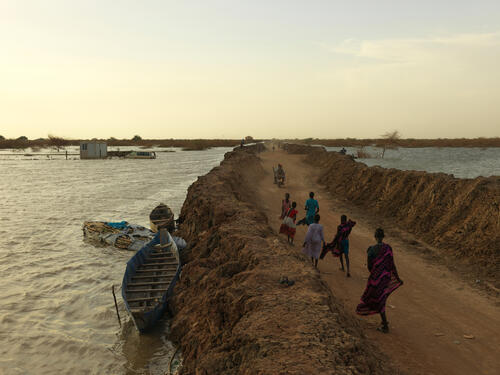
Most UHC plans rely heavily on domestic resource mobilisation. But countries with the weakest health systems also tend to have the smallest tax bases. In most contexts where MSF works, public budgets for health have been undermined and suffer from austerity measures since the COVID-19 pandemic and the global economic crisis.
Patients already face gaps in essential medical supplies and services. At the same time, there is a reduction of international funding for health, with strong cuts in countries like South Sudan, Sierra Leone, etc.
This undermines strategies to ensure essential care free of charge. How can countries with crippling staff shortages and stock outs of essential medicines hope to provide UHC to their people?
To compensate for the losses in healthcare coverage and the increased precariousness of people, UHC plans need to urgently address financial access barriers. User fees should be abolished for essential care.”
When my child was sick... the public clinic did not give us all the medication we needed. It was difficult to pay for transport to the city, that’s why we went to private clinics. Now my child is worse, and we owe a lot of money.Mother of a patient in Herat, Afghanistan
UHC is a pillar of the Sustainable Development Goal. Is the underlying promise to “leave no one behind” on track?
“Most country UHC-plans don’t just neglect the needs and vulnerabilities of migrants, asylum seekers, non-residents, or marginalised people; they often deliberately exclude these people from social protection schemes.
In some provinces in South Africa, migrant women and children are required to pay out-of-pocket for essential services, when paperwork cannot be shown immediately. In Belgium, asylum seekers are excluded from timely lifesaving hepatitis C treatment. Most European countries fail to provide preventive care such as vaccinations, and now epidemic outbreaks of vaccine-preventable illnesses are spreading among asylum seekers.

Secondly, the aspiring narrative of UHC is not translated and adapted to respond effectively to the needs of people affected by emergency situations. For example, even when increased funding is provided by international donors, the requirement to suspend user fees or to take measures to reduce other out-of-pocket expenses is missing.
It’s difficult to mobilise additional frontline workers and support them adequately. Bureaucratic hurdles block the rapid supply of medical items. We recommend that each UHC-country plan includes a specific chapter on what adaptations and extra interventions will be applied during crisis or emergency situations to ensure effective access to care.”
Read our Executive Summary on what's missing from the Universal Health Coverage plan below. Read the executive summary and full report here.



